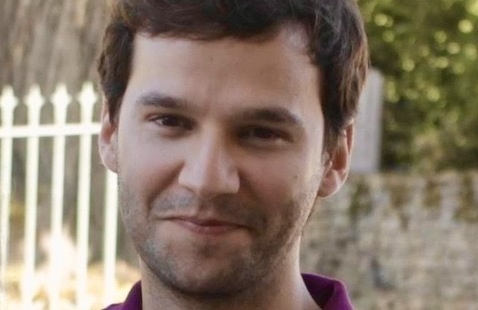Simon Gelin: Predictive Modeling of Materials and Interfaces for Energy Conversion and Storage
Tuesday, Feb 25, 2025, 11:00 am - 12:00 pm
Cruft 309, 19 Oxford Street, Cambridge

Abstract: Incorporating disorder into structure-property models remains a major challenge in computational materials design. Technological materials often deviate from ideal crystalline structures due to defects, chemical disorder, or amorphous phases, and key functionalities frequently emerge at interfaces. Addressing these complexities requires modeling techniques that bridge first-principles quantum calculations with large-scale disorder and interfacial effects. In this talk, I will illustrate this challenge through two applications: water electrolysis for green hydrogen production and thermoelectric conversion for waste heat harvesting. For water electrolysis, I will introduce a voltage-dependent model of electrified solid-liquid interfaces, showing that first-principles simulations can predict water dissociation at conductive oxide electrodes with high fidelity when solvation, capacitive charging, and adsorbate interactions are accounted for. For thermoelectric materials, I will present evidence of a logarithmic deviation from the Rayleigh law in amorphous solids, originating from long-range correlations of elastic moduli. This finding reshapes our understanding of phonon scattering in disordered systems and suggests strategies to reduce thermal conductivity in thermoelectrics. By unveiling fundamental mechanisms governing disorder and interfacial phenomena, these studies offer new pathways for designing novel or better energy materials.
Register

ADD YOUR EVENT TO THE SALATA CALENDAR
Are you hosting a Harvard-affiliated event that is related to climate change and/or sustainability? Please submit your event to the Salata Institute event calendar using this quick form! We look forward to sharing your event with the Harvard community.
Submit Your Event








